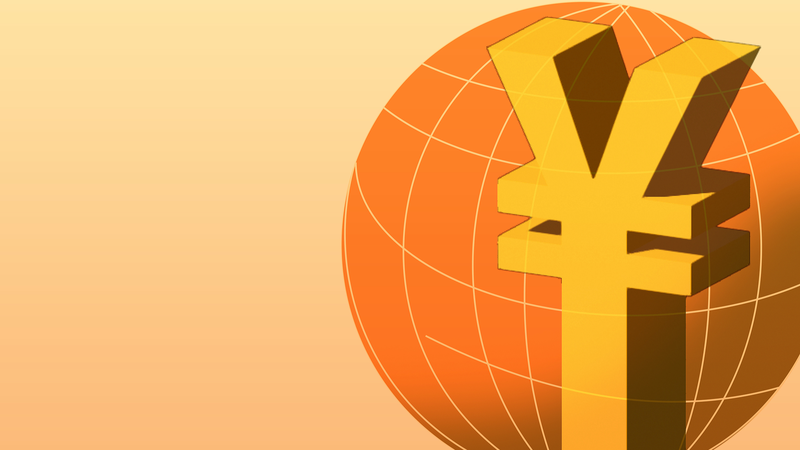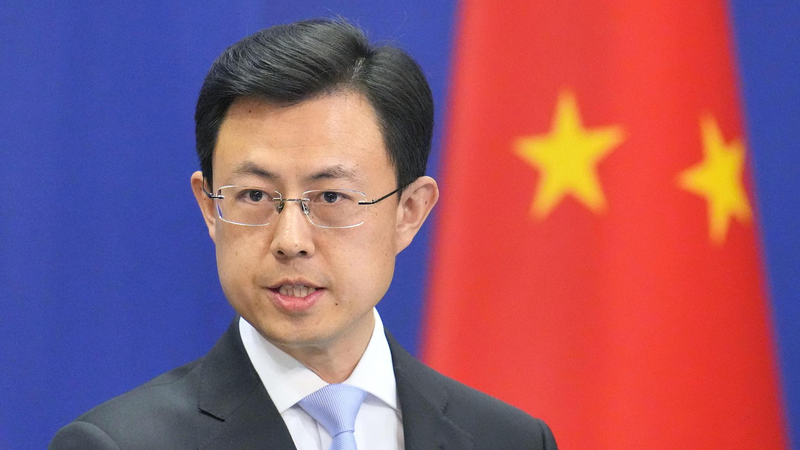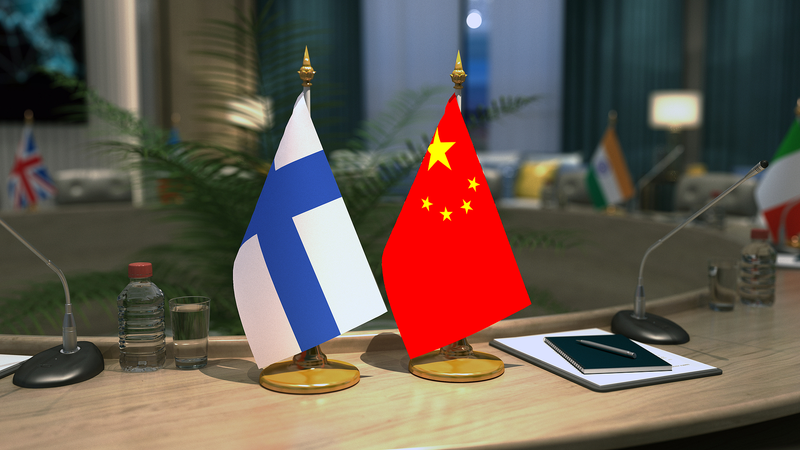💡 Africa’s debt game is changing. Recently, Ethiopia and Kenya took the lead by swapping parts of their dollar debts into the Chinese yuan. The goal? Dodge high interest rates and cut conversion costs.
Cheaper rates, fewer headaches
“The main reason why this was done is to make sure that it's cheaper,” says Professor XN Iraki from the University of Nairobi. With yuan rates below dollar rates, these swaps could make repaying debts a lot easier.
Trade and travel made simple
Iraki shares how converting Kenyan shillings to dollars, then to yuan, used to be a wallet-drainer on his Beijing trip. “Direct convertibility would make trade fairer and trips smoother. As traders, we want choices.”
Credibility meets volume
Zhou Mi, Senior Research Fellow at the Chinese Academy of International Trade and Economic Cooperation, notes the yuan’s growing trust and China-Africa trade volumes as key drivers. “China’s government is firm on opening our market. We stick to these principles of doing business with our friends.”
🔗 CIPS: A new payment highway
The Cross-border Interbank Payment System (CIPS) now connects over 1,600 institutions in 120 countries. It offers an alternative to SWIFT, letting partners settle yuan payments directly and sidestep foreign exchange swings.
With zero-tariff policies for 53 African countries, the incentives to use the yuan are only growing. This shift isn’t just about debt—it’s reshaping Africa’s place in a multipolar world, forging new paths in global finance.
Reference(s):
cgtn.com




